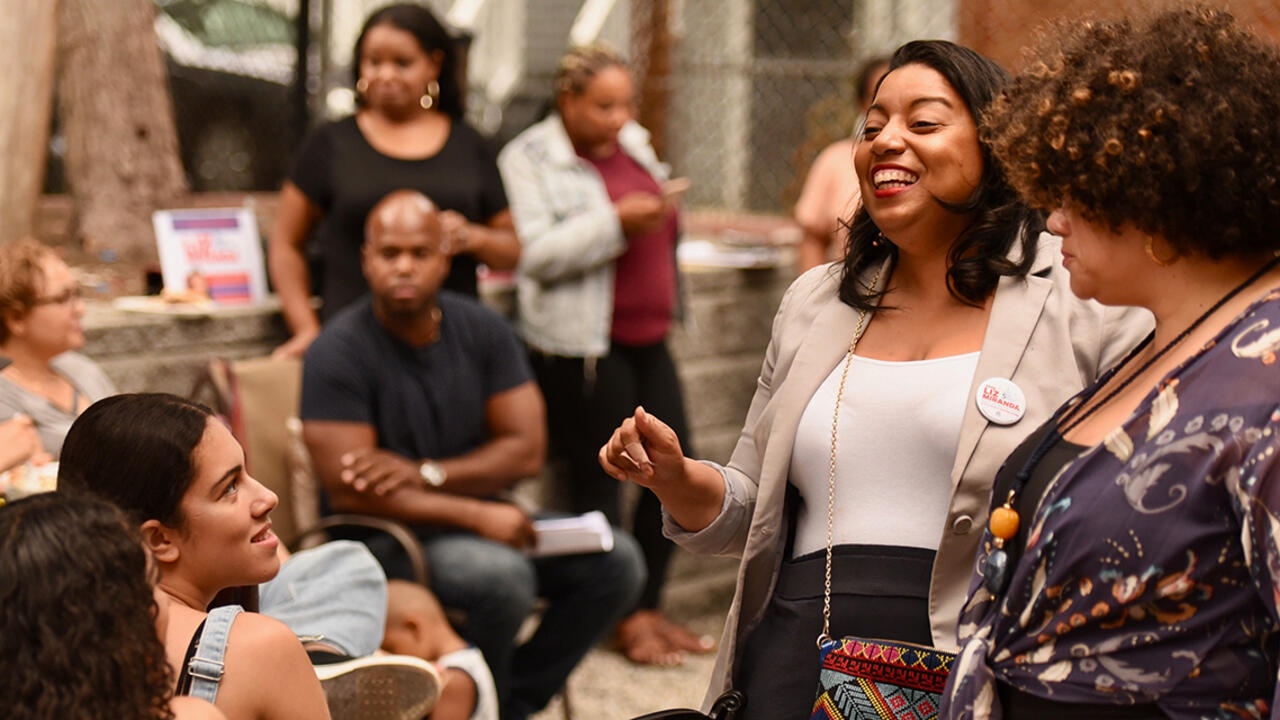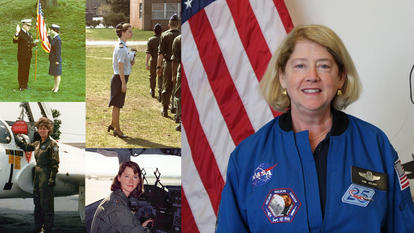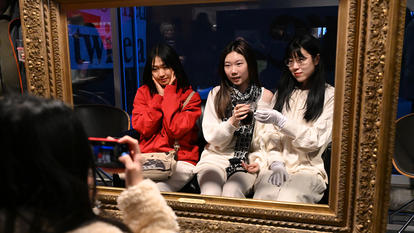Wellesley Alumnae Across Generations Have Worked for Equal Representation for Women

“In our college days, few suffragists spoke of women’s rights other than political ones—the right to vote and hold office. The ramifications of the feminist movement with all its economic implications were largely in the future.”
– Myra Morgan McNally, class of 1912
President, Wellesley Equal Suffrage League 1910-11
Wellesley magazine, winter 1982
August 26 marks Women’s Equality Day in the United States, commemorating the passage of the 19th Amendment, which granted women the right to vote.
 In her class note that ran in the winter 1982 issue of Wellesley magazine, Myra Morgan McNally, class of 1912, reflected on her time fighting for women’s suffrage at Wellesley and beyond. McNally wrote of the people who inspired her interest in the cause, further affecting the lives of women for generations to come. One such influence includes Alice Paul, American suffragist and leader in the campaign for the 19th Amendment, who also happened to be the sister of McNally’s roommate, Helen Paul, class of 1911.
In her class note that ran in the winter 1982 issue of Wellesley magazine, Myra Morgan McNally, class of 1912, reflected on her time fighting for women’s suffrage at Wellesley and beyond. McNally wrote of the people who inspired her interest in the cause, further affecting the lives of women for generations to come. One such influence includes Alice Paul, American suffragist and leader in the campaign for the 19th Amendment, who also happened to be the sister of McNally’s roommate, Helen Paul, class of 1911.
Today, more women are running for national and local public offices than ever before, continuing the drive for equality and positive change in their communities.
Liz Miranda ’02, who is running for state representative in Massachusetts’ 5th Suffolk district, is just one of the Wellesley alumnae who are making their first runs for office. With a focus on education and youth job programming, Miranda, the current executive director of the Hawthorne Youth and Community Center in Boston’s Roxbury neighborhood, says she plans to draw on her community roots to bring new neighborhood voices to the State House.
“I’m a bridge builder,” she told the Dorchester Reporter in an interview. “I have a long history of bringing state and city people together, different races together, bringing partnerships with educational institutions and nonprofits, and what I think needs to happen is a return to creating an allied community organization that brings together the neighborhood associations that represent the diverse neighborhoods."



